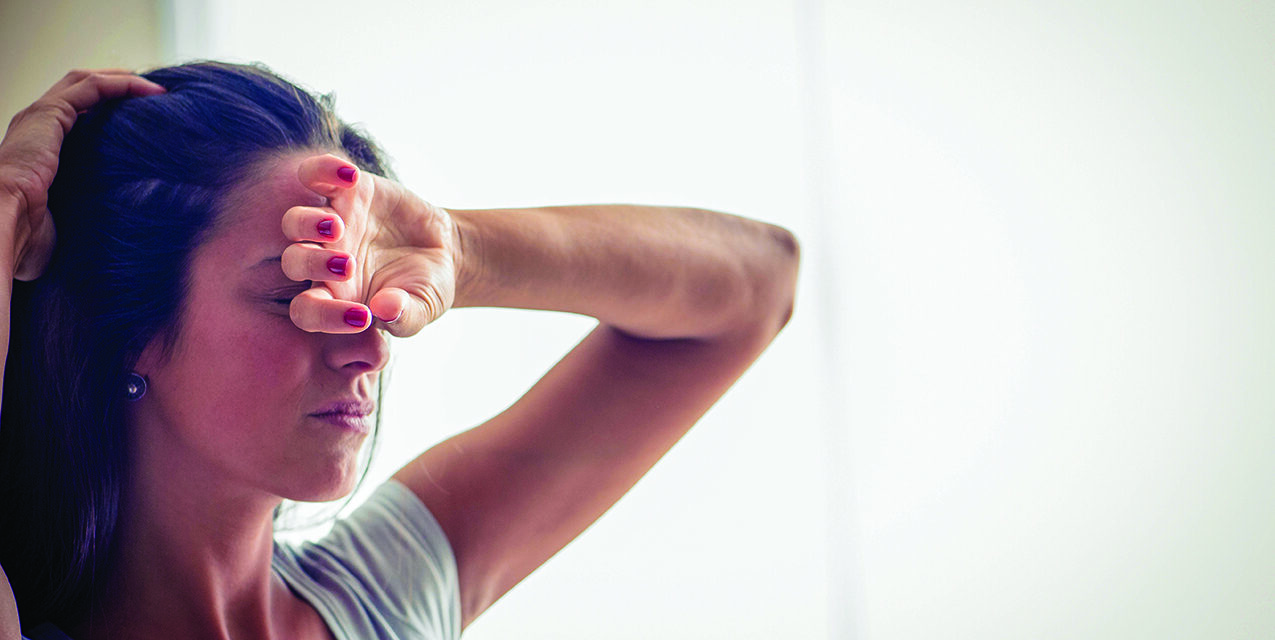Courtesy of Buffalo Spine and Sports Medicine
Migraine headaches can be debilitating, and chances are, many families include at least one person who is fully aware of that reality. The American Migraine Foundation (AMF) notes that migraines affect more than 37 million people in the United States, while the World Health Organization includes migraines among its 10 most disabling global illnesses.
No one is immune to migraine headaches. The AMF reports that 10% of children experience migraine headaches, which physicians at Buffalo Spine and Sports Medicine say can lead to mood changes, difficulty concentrating, trouble sleeping, and nausea, among other symptoms. The unpleasant side effects of migraines and the reality that no one is immune to them makes it worth anyone’s time to learn about possible triggers of these often-debilitating headaches.
- Stress: The AMF indicates research has found that between 50 and 75% of people had a significant association between their daily stress level and their daily migraine activity. Though elevated stress levels do not always lead to migraines, stress is a trigger for nearly 70% of people who experience them. Identifying sources of stress, and then finding healthy ways to overcome it, might help people avoid migraines or reduce their frequency.
- Changes in sleeping habits: The AMF notes the link between sleep and migraines is substantial, and points out that nearly 50% of all migraines occur between 4 a.m. and 9 a.m. Maintaining a regular sleep schedule, including on weekends, may help to lower migraine risk and frequency. In addition, the AMF recommends people avoid watching television, texting, reading, or listening to music while in bed.
- Weather: If migraine sufferers feel the weather plays a role in their headaches, they’re not necessarily wrong. According to the Mayo Clinic, weather changes can produce chemical imbalances in the brain that can trigger a migraine. Weather-related triggers may include bright sunlight, extreme temperatures, high humidity, and barometric pressure changes, among others. Individuals who feel certain types of weather have triggered past migraines are urged to stay indoors when similar conditions arise.
- Dehydration: Dehydration can contribute to a host of adverse side effects, including migraines. According to the AMF, roughly one-third of people who suffer migraines report dehydration is a trigger for their headaches, with some noting that even slight dehydration can quickly cause debilitating head pain. Drinking sufficient amounts of water each day may help reduce migraine risk and frequency.
A number of variables can trigger migraine headaches. Learning those triggers and doing your best to avoid them may help people avoid migraines or reduce their frequency. If you have been diagnosed with chronic migraine headaches, or are experiencing headaches on most days that last four hours or longer, you may be eligible for treatment using Botox, which has proven to be effective in reducing the frequency of migraines in several clinical studies.
Learn about Botox treatment for migraines at Buffalo Spine and Sports Medicine at www.buffspine.com located in Williamsville and Orchard Park. To make an appointment, call 716-626-0093.












